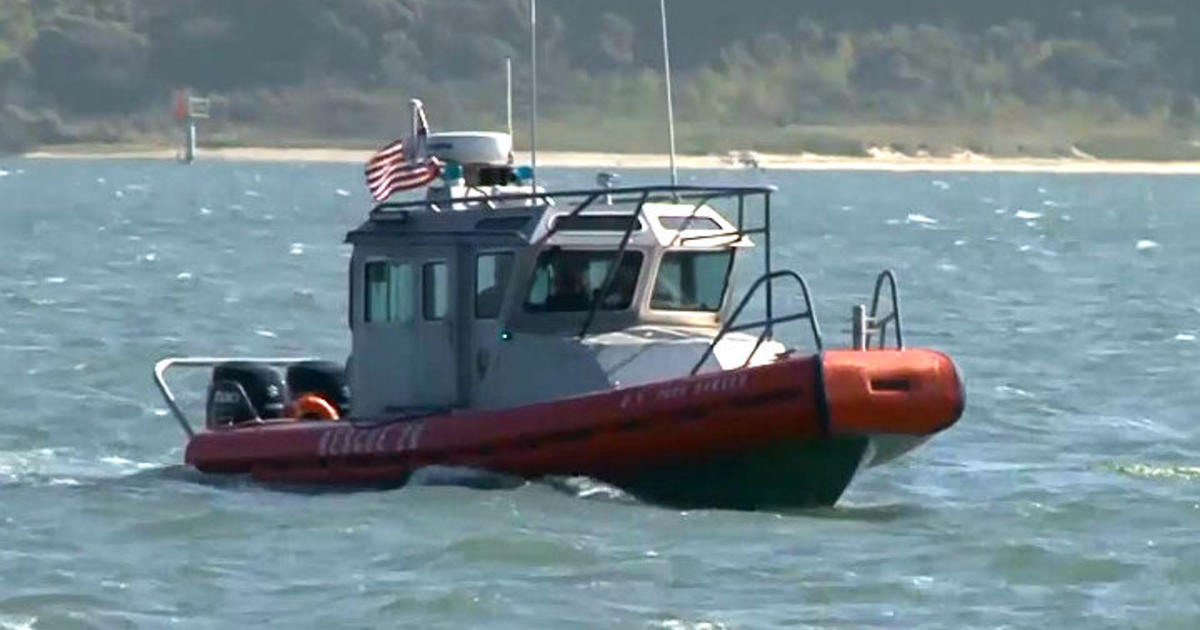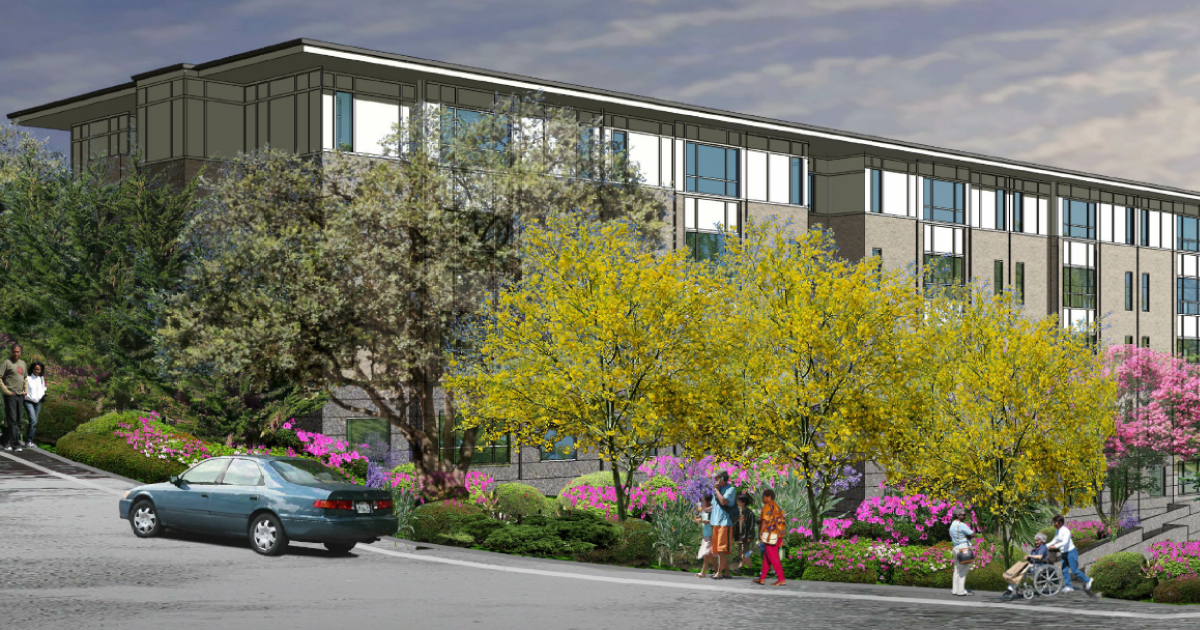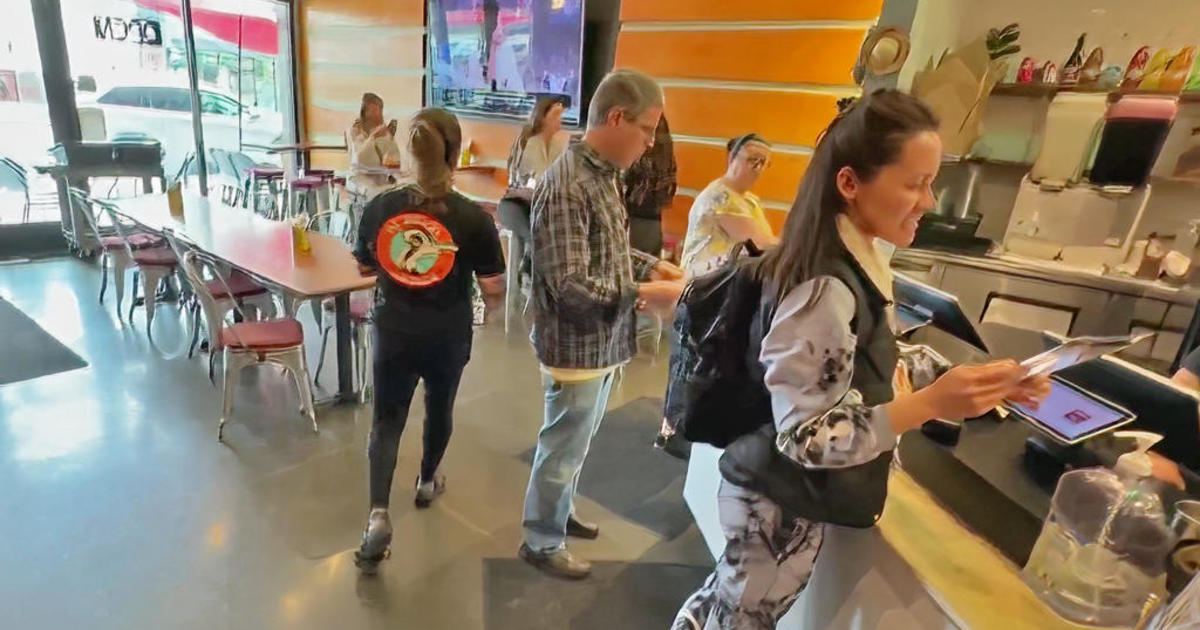Dairy Farmer Uses Cow Manure To Power Entire Farm, Truck That Feeds Livestock
MARIN COUNTY (KPIX 5) -- A North Bay company famous for its dairy products is using its animal waste in a groundbreaking way to power an electric vehicle and its entire farm.
In the cattle country surrounding Tomales Bay in West Marin County, Albert Straus is known as something of a trend setter.
In 1994, his Straus Family Creamery became the first 100-percent organic creamery in the nation.
"And now, in Marin and Sonoma counties, 85 percent of dairies are certified organic," explained Straus.
Straus believes that change is saving the economic viability of farms in the area. But a recent technological development he's behind shows that he is thinking even bigger.
He wants to save the planet.
The diesel feeder truck that operates on Straus farm sounds pretty quiet because it doesn't run on diesel at all. About eight years ago Straus and one of his mechanics began tinkering with an old International Harvester truck to see if they could convert it to fully electric.
"Eight years ago they weren't the right motors. I had to wait five years before the right motors came along that could do the job," said Straus.
The new motor worked and about two weeks ago, the nation's first electric cattle-feeding truck began making its rounds.
The reason the feeding truck fits so well at the Straus farm is because of another innovation.
In 2004, Straus created a system that collects liquefied cow manure in a holding pond. The system captures the methane -- which is considered a harmful greenhouse gas -- and uses it to fuel a generator to produce enough power for the entire farm, including the truck.
"It will be the future and it will be a way to be more sustainable and environmentally friendly," enthused Straus.
The truck feeds the cows and the cows, in turn, power the truck. It is a process Straus calls "closing the loop."
While many consider dairy farms to be harmful to the environment, the innovative Straus is proving that doesn't have to be true.
"It's not 'either/or.' It's, 'How can we pull all the pieces together to really make a viable community farming system?'" said Straus.



